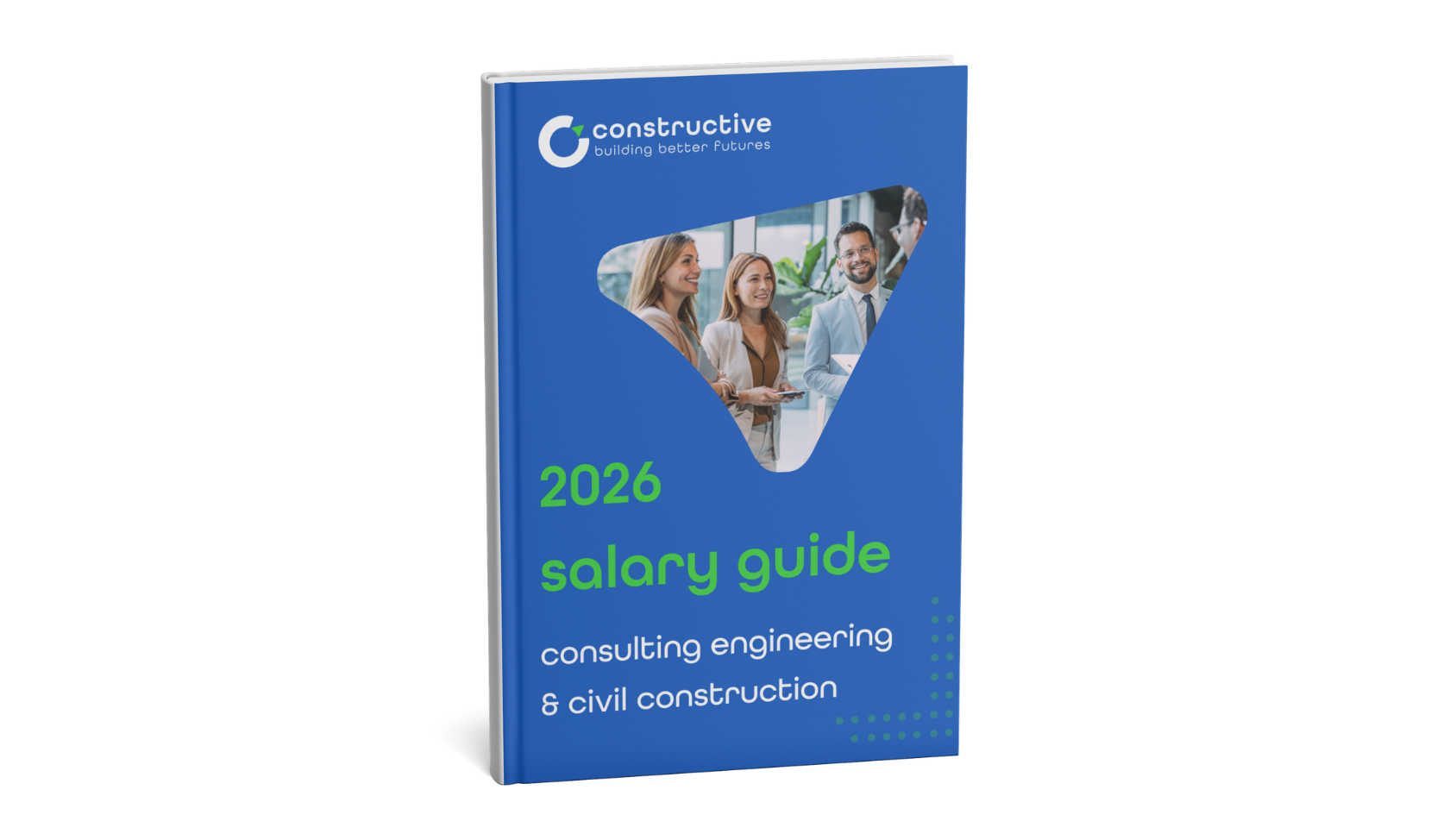blog
AI as Your New Career Coach
Constructive • June 9, 2025

part 3: using AI to predict interview questions
Welcome to the final part of our series, AI as Your New Career Coach. So far, we’ve explored how AI tools can help job seekers craft standout resumes and personalised cover letters.
Now, it’s time for the home stretch: preparing for interviews.
Interviews can be nerve-wracking, especially when you’re unsure what to expect or how to structure your answers. But here’s something not enough people are talking about: some employers and hiring managers are using AI too. Many use AI to draft interview questions or summarise job ad key points. That means jobseekers can - and should - do the same.
Here’s how you can use AI to help you prepare for your next job interview:
1. Predict common or role-specific interview questions based on the job ad
One of the smartest ways to prepare for an interview is to anticipate the questions you might be asked - and AI makes that much easier.
By feeding the job description or job title into a tool like ChatGPT, you can generate a list of questions that are relevant to the specific role, industry, and even seniority level. This gives you a clear idea of what topics might come up, so you can start planning how to respond.
Prompt to try:
“Based on this job ad, generate 10 common interview questions for this role: [paste job ad].”
Tip:
If you’re applying for a senior role, such as a Project Manager in civil construction or a Principal Structural Engineer in consulting, ask AI to focus on leadership, strategic thinking, or technical decision-making.
Prompt variation:
“What are some senior-level interview questions for a [Job Title] role in [Industry]?”
2. Ask for example answers using the STAR (Situation, Task, Action, Result) method
When it comes to behavioural questions (e.g., “Tell me about a time you had to solve a problem”), structure matters. That’s where the STAR method (Situation, Task, Action, and Result) comes in. AI can help you turn a rough draft or set of bullet points into a polished, well-structured response using STAR.
Prompt to try:
“Here are some bullet points about a project I led. Can you turn this into a STAR-format interview answer?
Situation: [your context]
Task: [your responsibility]
Action: [what you did]
Result: [the outcome]”
Tip:
Use industry-specific terms and metrics where possible. For example, if you’re in construction, mention timelines, cost savings, safety compliance, or project scope.
Pro insight:
Once AI creates your STAR answer, ask it to make it sound more confident or succinct.
Prompt variation:
“Can you rewrite this STAR response to sound more confident and suited to a senior-level audience?”
3. Practice responding to questions and ask ChatGPT for feedback on how to improve your answer
Practising out loud is one of the best ways to build confidence before an interview. But what if you had someone to give you feedback on your answers? AI can help with that too.
Once you’ve drafted your responses, read them aloud and ask AI to evaluate them. Some tools can highlight areas that sound repetitive, unclear, or overly formal - and help you rephrase your answers.
This feature is currently available on some tools like ChatGPT. However, you can also still use the regular chat function.
Prompt to try:
“Here’s a draft of how I’d answer this interview question: [paste your answer]. Can you provide feedback on how I could make it clearer, more concise, or more engaging?”
Tip:
You can even simulate a mock interview by asking AI to play the role of the interviewer.
AI won’t be in the room with you - but it can help you walk in prepared.
Artificial Intelligence won’t replace your ambition, your work ethic, or your personal story-but it can help you refine how you present those things to employers.
Used wisely, AI tools like ChatGPT or Gemini can save you time, reduce stress, and give you the edge you need in today’s job market. So next time you’re working on a resume, stuck on a cover letter, or preparing for an interview, don’t hesitate to bring your digital career coach into the process.
Because in 2025, being prepared isn’t just about having experience - it’s about knowing how to use every tool available to tell your story well.





